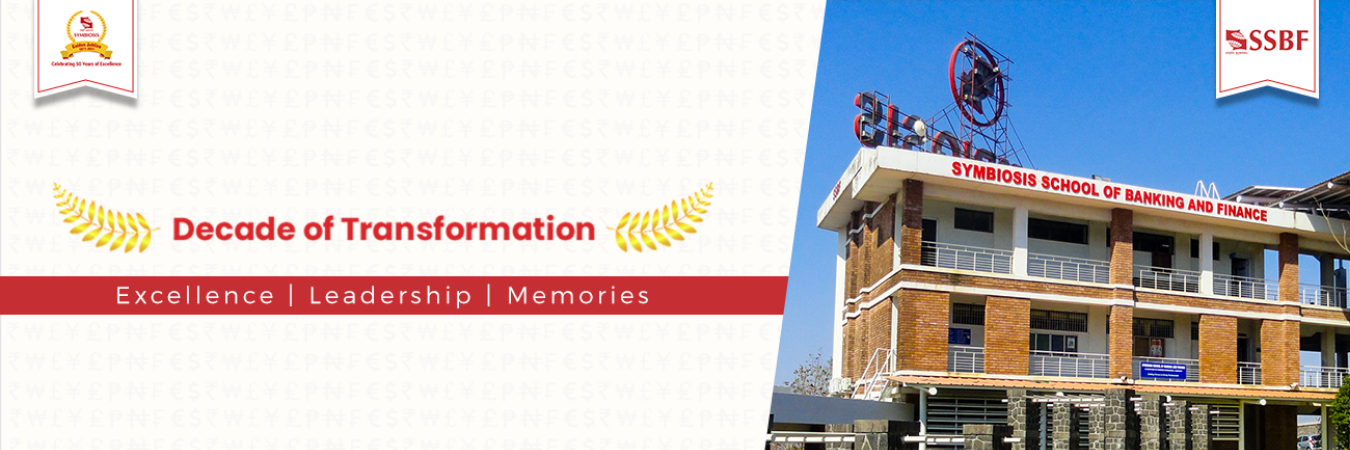
With a year of unprecedented losses and innovations passing behind us, the digital transformation took a leap like none other. This particular change was reflected greatly in the BFSI sector as well. Being one of the primary sectors for socio-economic development, banking had to adopt the necessary changes with time. Numerous innovations branched out from conventional banking and one such adoption is Hybrid Banking. So, let’s dive a little deeper, shed some more light on it.
Understanding Hybrid Banking
As banking takes gigantic leaps forward, we are seeing new business models coming in, which are characterised by the shared as well as the collective value creation. While we saw the rise of neo banks in the past year, what we are seeing now is the age of ‘Hybrid Banking’.
Hybrid banking caters to both pools of customers. The ones who usually prefer traditional banking but became acclimatised to the new-age banking during the pandemic; and the modern customers, who preferred a completely digital experience but now wish for more personalised products and better services.
New technology, New players
2021 is the year where the BFSI is picking up from the pieces of 2020. The recommendation of allowing corporate ownership in the private banks given by the RBI working group, will drive the trend towards a new era in the Indian banking sector. We are looking forward to giants like Aditya Birla Group and Tata Sons, which are already equipped with NBFC (Non-banking financial company) arms banking onto the opportunity, along with the medium-sized banks. Besides larger players, the sector is also likely to see smaller FinTech players come up in the market and offering advanced digital solutions. What industry needs are impactful initiatives to fighting off loan frauds and cybercrimes; and Hybrid Banking can hold a solution to many of these problems by driving innovation through new players and competition. Taking AI, for instance, can help financial entities move past just the credit repayment history and use newly accessible data. These sources of alternate data could include business scores, simple repayment of utility bills, their google reviews etc. People who do not have any credit repayment history and are duly diligent with their financial obligations would no longer need to be rejected. This is something that only AI can ensure, and help us move towards smarter lending.
One of the other biggest challenges in this digital age of banking is the need to respond quickly. The constantly evolving market through which banks operate requires them to become agile and adaptive. They need to be able to give out resources across the whole enterprise quickly to address business problems at a much faster pace. As a result, many of the big players and the highest performers have adopted the enterprise-wide hybrid cloud. It can help them address issues such as data security, compliance and governance, in a better way.
Key Takeaways
2020 was unprecedented, and it forced many banks as well as customers to step out of their comfort zones and adapt to the changing times. Looking at all the benefits and digital transformation it can help drive for big BFSI players without abandoning their core offerings while helping smaller new-age players leverage their technology to expand into traditional banking, it is safe to say that Hybrid Banking is a new way forward for many financial entities, in the foreseeable future.
SSBF Committee





